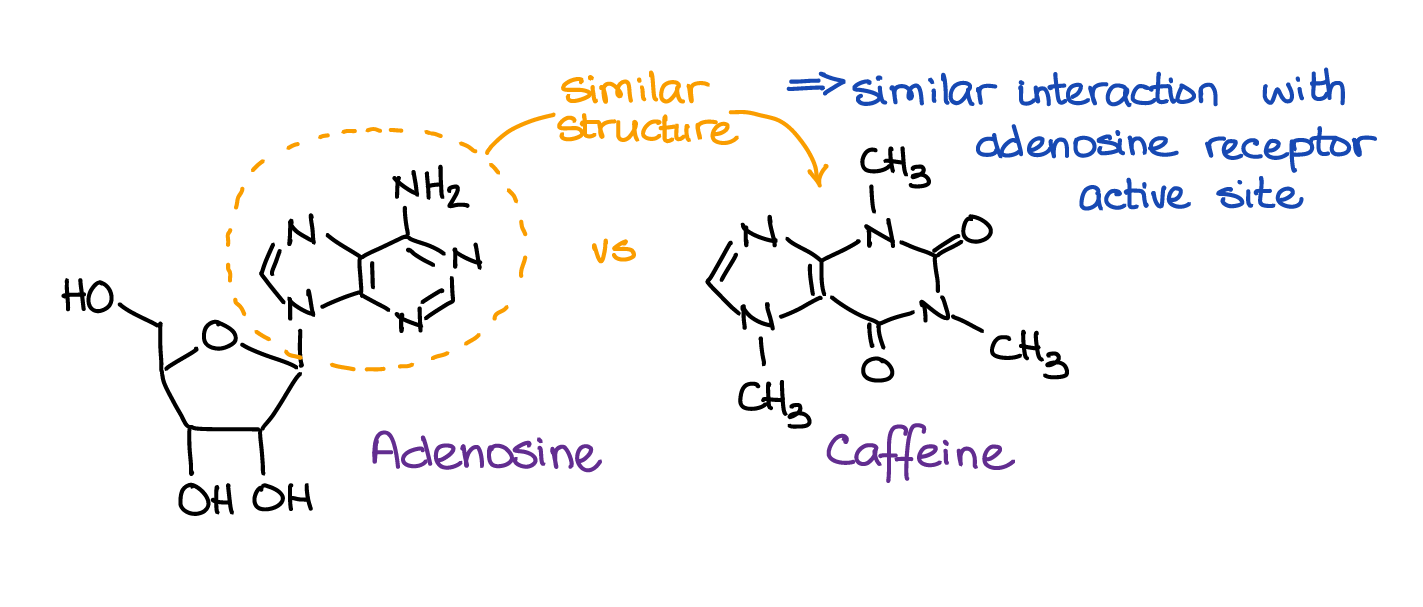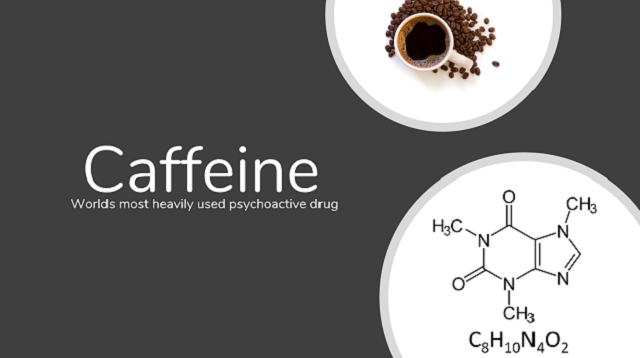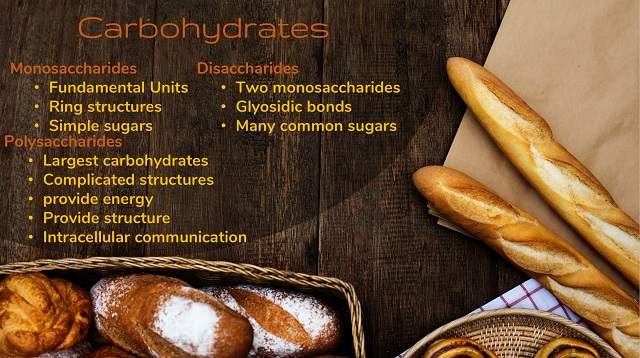Caffeine: How it works and myths surrounding it
Caffeine naturally occurs in more than thirty tropical plants around the globe. Notable examples include coffee in Ethiopia and West Africa, cocoa in Mesoamerica, and tea in China. Wherever these plants grew, local cultures consumed and celebrated them. Often, leaves or seeds of caffeine-containing plants would be brewed into hot beverages which would increase drinker’s energy and alertness. As trade grew, these products became popular globally for the jolt energy that they provided. The rise of coffee houses in Europe has often been cited as one of the catalysts for the scientific revolution. Today, caffeine is the most consumed psychoactive drug on the planet. While products naturally containing caffeine like coffee or chocolate are still popular, caffeine is also added to many other items such as soda, energy drinks, and headache medicine. About 120,000 tons of caffeine are used globally every year. That’s enough caffeine to provide a dose for everyone on the planet 365 days a year! Although caffeine is consumed daily by many adults across the world, there are still many misconceptions about its effect.
Pharmacology
The effect of caffeine is related to its structural similarity to adenosine. Adenosine is a nucleotide and is important for coding genes, but it is also used for energy in the form of ATP and as a neuromodulator and signaling molecule. When the brain is active, it consumes lots of ATP (adenosine triphosphate) as an energy source. As the ATP is used it leaves behind a byproduct, AMP (adenosine monophosphate). The longer the brain remains active, the more AMP builds up over time. Specialized adenosine receptors detect the increasing levels of AMP and send a signal that reduces alertness and increases drowsiness until eventually, you fall asleep. While sleeping, the brain has a chance to clear out the AMP and you wake up feeling alert and rested.

Because of caffeine’s structure, it binds to adenosine receptors similarly to adenosine in AMP. However, when caffeine is bound to the receptor, it doesn’t send the sleepy signal. Instead, it blocks AMP from being able to get to that spot. In this way, caffeine essentially “turns off” adenosine receptors and they cannot tell the brain it needs to rest. The more caffeine you take, the more receptors are “turned off” giving the brain the illusion that the AMP has been flushed out resulting in an alert and rested feeling as if you had just woken up.
Side effects
Increased diuresis and blood pressure
Like the brain, the kidneys also have adenosine receptors. When caffeine inhibits receptors on the kidneys, it causes them to secrete a hormone that increases blood pressure. After blood pressure is increased in this way more fluid is pushed through the kidneys which result in more frequent urination. If you drink coffee or tea, you have likely noticed this effect for yourself. Because of the correlation between drinking caffeinated beverages and going to the bathroom, it is a common myth that drinking these beverages will ultimately lead to dehydration. However, in most cases, the amount of water in a cup of coffee or tea is larger than the amount of water loss the caffeine will cause. So drinking coffee or tea results in a net gain of water.
Increased heart rate, nervousness, and jitters
Another common effect of caffeine is increased heart rate. Caffeine’s effect on heart rate does not seem to be related to inhibiting adenosine receptors but rather interfering with an enzyme that regulates several hormones. Some hormones that caffeine can increase include adrenaline, and other hormones that regulate the amount of fat and sugar that get digested for energy use. The combination of increased adrenalin and more energy available for immediate consumption is likely what increases your heart rate and gives you the jitters.
It has long been suspected that increased heart rate and blood pressure due to caffeine consumption might hurt cardiovascular health. It is true that people who overdose or are sensitive to the effects of caffeine temporarily experience these effects. However, there is no evidence that caffeine has any long-term impact on the overall health of your heart. This finding has been repeated in healthy people as well as people with pre-existing cardiovascular conditions.
Exercise and metabolism
The ability of caffeine to increase adrenaline and available energy has not been lost on athletes who take large doses of caffeine while competing or working out. Taking caffeine in this way has been shown to give a performance boost. While there is debate as to whether caffeine should be listed as a performance-enhancing drug, there is evidence that it increases focus, reflexes, and endurance. However, the doses that athletes need to consume to get these effects are much more than what you would get in a cup of coffee.
It seems like dieters could benefit from the same metabolism boost that athletes get from taking caffeine. Many diets claim that caffeine burns fat (true to an extent). However, the boost that a few cups of coffee would give to your metabolism is so small that they are unlikely to affect long-term weight loss at all.
Insomnia
Contrary to popular belief, it’s tough to get insomnia from drinking caffeine. Caffeine is rapidly absorbed through the intestinal tract, and its effects can begin to be felt in about 45 minutes. This can give you a quick, but temporary way to fight off sleepiness. While the effects of caffeine set in quickly, the drug does not stay in the body for long and is readily excreted. The caffeine in a cup of coffee you drink in the morning will have almost entirely left your body by the time you go to bed at night. Unless you are intentionally using caffeine to disrupt your sleep cycle or are particularly sensitive, moderate caffeine use shouldn’t have any effects on your sleep.
Effect on sobriety
Caffeine doesn’t have any effect on sobriety at all. Research shows people who drink and take caffeine do feel soberer but don’t perform tasks any better. One explanation for the misconception that caffeine helps to sober people up might be that it makes people feel more alert without increasing reflexes or thinking ability. There is also statistical evidence that teenagers who drink and take caffeine simultaneously are more likely to put themselves at risk. It is important to always consume alcohol responsibly.
Addiction
While caffeine cessation does produce a mild withdrawal effect, psychologists and drug experts do not widely consider caffeine to be addictive. Most definitions of addiction include language about compulsive use despite negative consequence. According to this definition, people must be willing to damage their lives in some way in order to obtain and use the drug they are addicted to. Even though caffeine users might be grumpy in the morning without a cup of coffee, they probably aren’t going to sacrifice their carrier or family lives in a compulsive attempt to get a caffeine fix. Regardless of if you agree with this definition or not, withdrawal symptoms of caffeine are much milder than other stimulants like cocaine or methamphetamine and the negative effects on people’s lives are much lower.
Conclusion
Caffeine is a widely available psychoactive drug that can increase productivity and performance in a variety of circumstances. It is popular because of it’s rapid onset and mild side effects. While caffeine is common, there are still misconceptions about its effects on heart disease, dieting, insomnia, and sobriety. Caffeine is safe for adults to consume, but also has limited effects. Any spectacular claim as to the power of caffeine, whether they are positive or negative, should be examined carefully before you believe them.


